Don't ignore the 9 key signs that it’s time to buy a new mattress
If your bed is showing any of these nine signs, it’s time for a new mattress
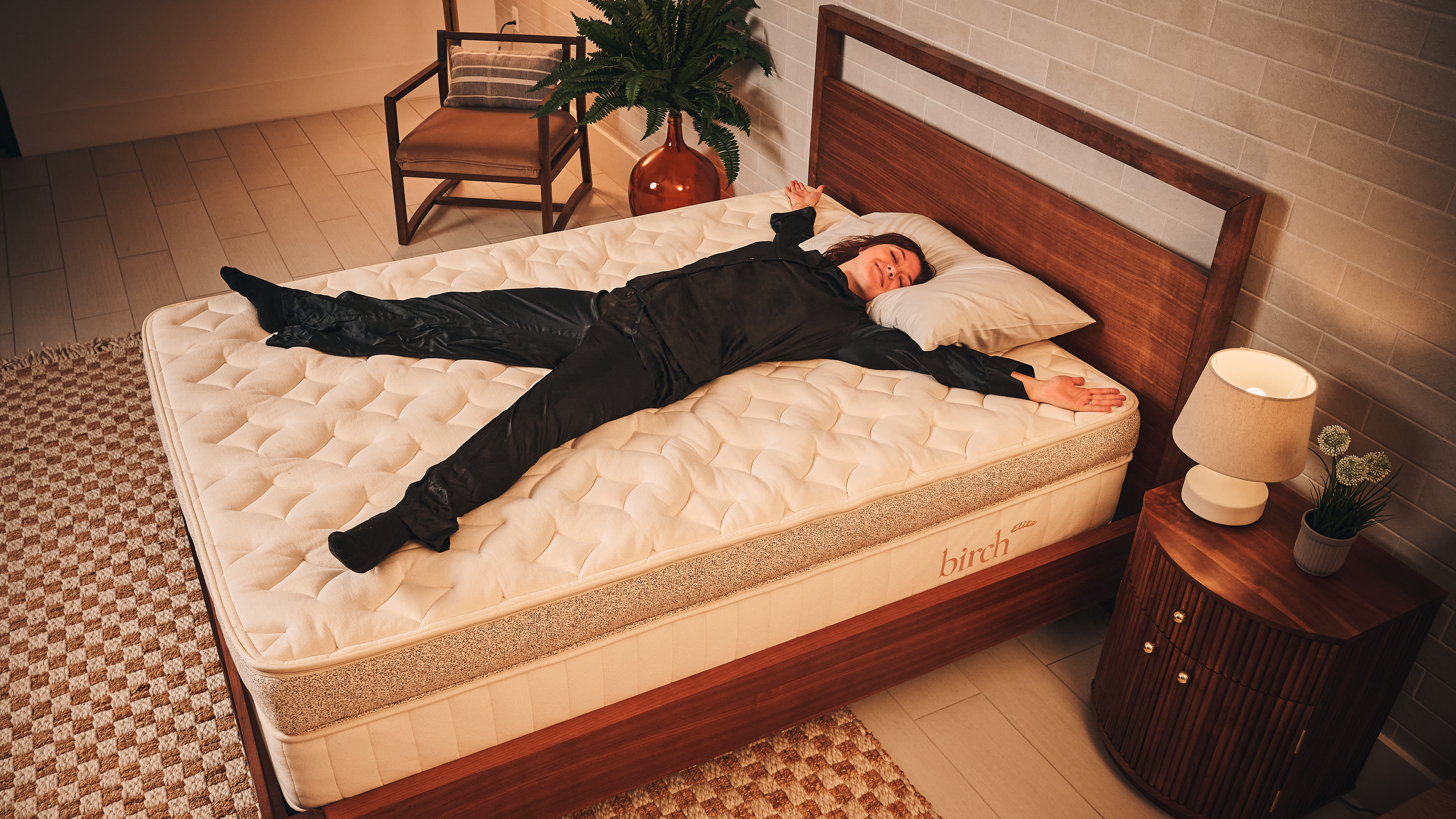
As the days get shorter and hibernation season settles in, there’s never been a better time to think about upgrading your sleep setup, especially with Black Friday mattress deals rolling in. Even the highest-quality mattresses lose their comfort and support over time, leading to tossing and turning and nights of lost sleep.
So how do you know when it’s time to replace your mattress, and can you save money by purchasing a bed topper instead? We’ll walk you through the telltale signs that a bed is past its prime and help you decide whether to invest in a brand-new mattress or simply refresh your current one.
If a new mattress is the way to go, our guide to this year’s best mattress will help you find the right choice for your unique sleeping style. If a topper is all you need, our roundup of the best mattress toppers will steer you toward the right layer of comfort. But what do you need? Let's take a closer look in time for the best mattress sales of the year.
How long does a mattress last?
Most mattresses last between 7-10 years, depending on their type and quality of materials. Innerspring mattresses tend to wear out the fastest since their coils lose support over time, typically lasting 5-7 years.
The best memory foam mattresses will likely net you 8-10 years of use, especially with proper care and upkeep. Hybrid beds, which combine coils and foam, have a similar lifespan of 7-10 years.
Latex mattresses are often the most durable on the market, lasting 12 years or more. Rotating your mattress regularly, using a mattress protector and investing in a high-quality bed frame can help distribute weight evenly and prevent sagging.
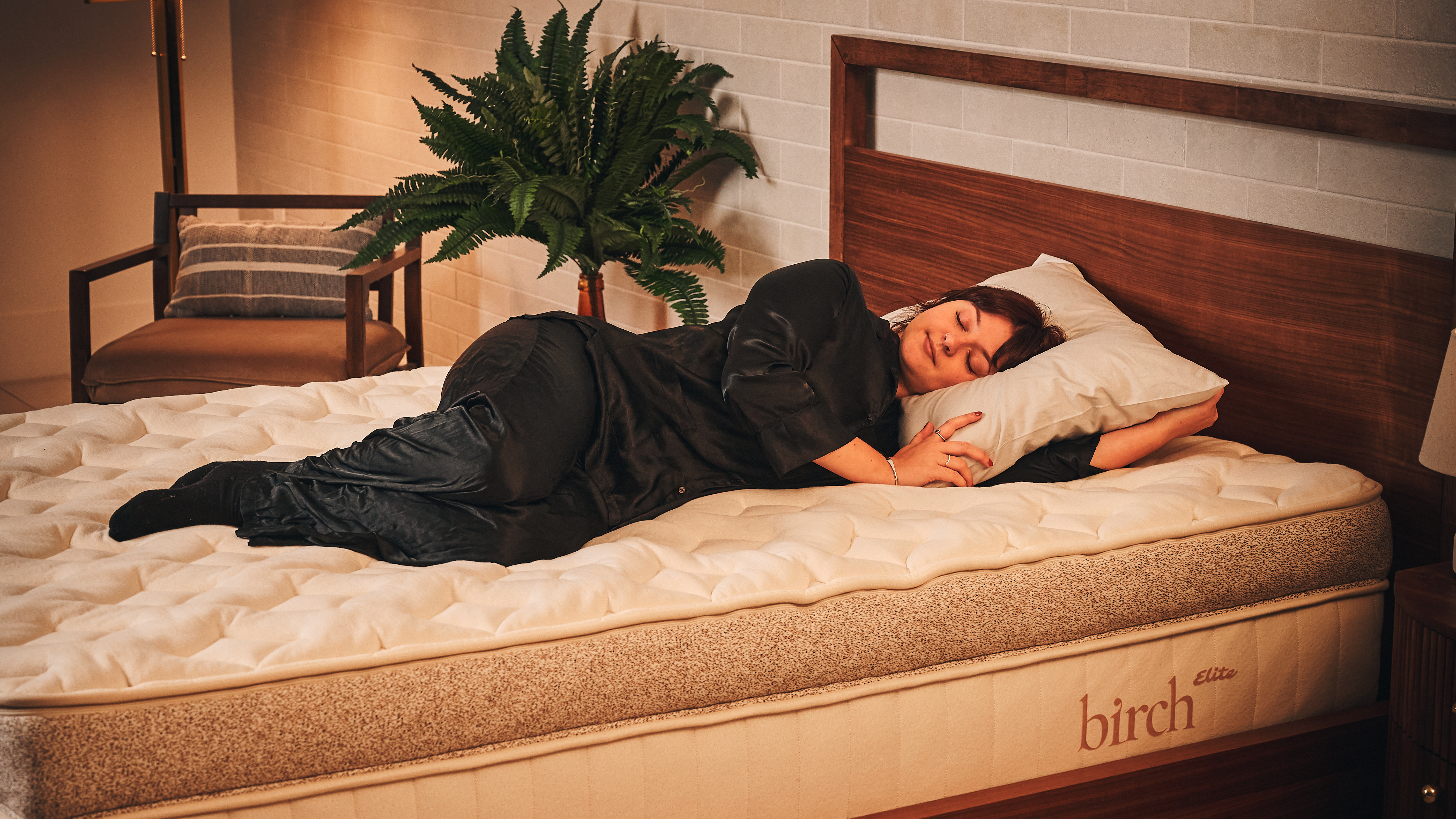
9 signs that you need a new mattress
1. You’ve had your mattress for over 10 years
Even the highest-quality mattresses won’t last forever. Any mattress over 10 years old likely needs to be replaced (with the exception of high-end latex beds, some of which can last around 20 years).
Get instant access to breaking news, the hottest reviews, great deals and helpful tips.
However, as we mentioned above, that's for the best beds. Cheaper, budget beds that use lower-quality materials will be less durable and might even need replacing before the 10-year mark.
2. Your mattress is lumpy or sagging
Over time, a mattress becomes lumpy or even sags as materials break down. In innerspring beds, coils lose tension or break, which causes dips in places where you lie the most often.
Foam mattresses can also lose their ability to bounce back and compress under body weight. While you can’t prevent a mattress from naturally aging, flipping or rotating your mattress on a regular basis, using a mattress protector and keeping your mattress clean can help extend its lifespan.
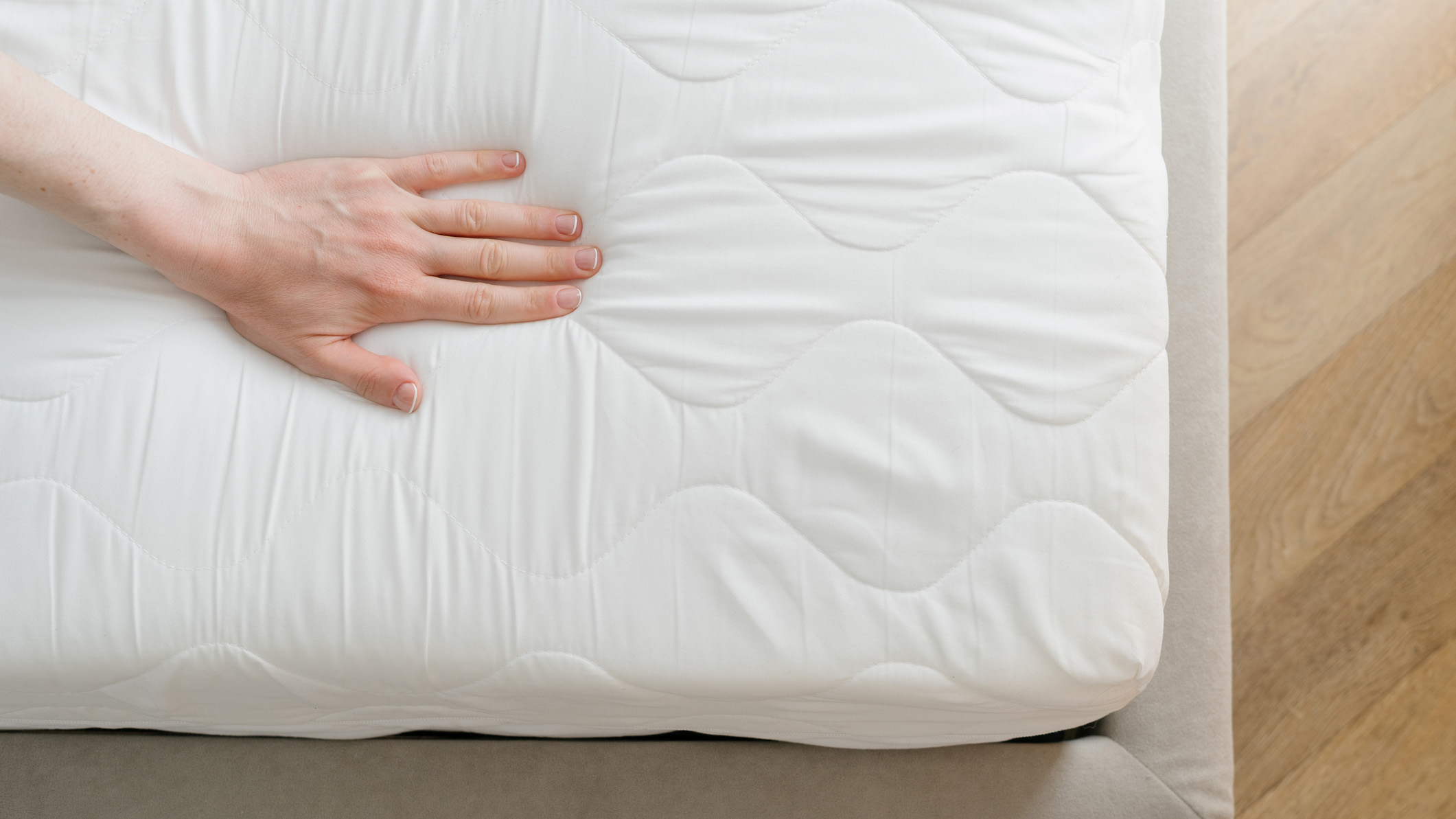
3. You can feel the springs poking through
If you’ve ever slept on an innerspring bed well past its prime, then you’ve probably felt the uncomfortable pain of sleeping on springs poking through the mattress.
These beds are made with coils covered by a layer of foam that wears down much faster, causing coils to absorb more pressure and eventually lose their tension.
You could even come across this problem with one of the best hybrid mattresses, although it’ll likely take longer to happen.
Once you feel springs poking through when you lie on the bed or can see their outline, it’s time to take your mattress to the curb and invest in a new one. First, however, read our guide to the biggest mistakes people make when buying a mattress online to know what to avoid.
4. Your mattress has turned yellow
This is a telltale sign that your mattress warrants replacement. Over time, mattresses decay and discolor when exposed to air, body oils, sweat and light, which explains the unsightly yellow stains that occur.
This oxidation process is usually harmless, but it can also signal mold or mildew growth when paired with a musty smell or damp feel.
Yellowing that’s only surface level can be cleaned with baking soda or mild detergent, but widespread discoloration (or if the mattress is more than 10 years old) means it’s likely time to replace it.
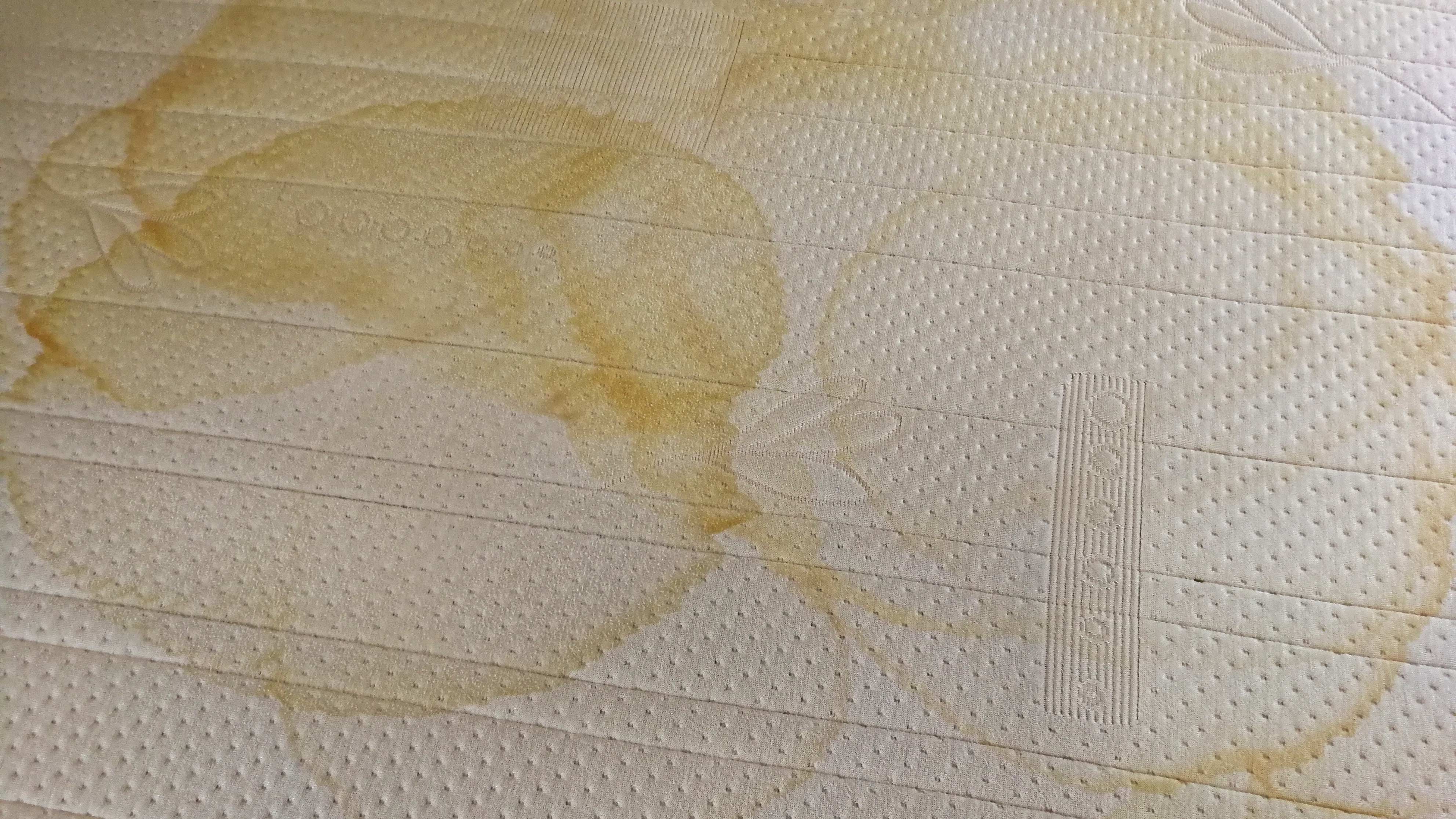
5. You always wake up in pain
Waking up every day with aches and pains? There’s a good chance your bed no longer provides the right level of support and pressure relief.
Mattresses lose their shape and cushioning over time, which can cause your spine, hips or shoulders to fall out of alignment during sleep.
6. You sleep better anywhere but home
If you find yourself sleeping well on hotel beds or at friends’ houses, but tossing and turning all night at home, you’re not alone.
Our bodies change as we get older and so do our comfort needs, so a mattress that was perfect for you five years ago might be your sleep’s nemesis now.
Be sure to consider your sleep environment as well. Temperature, noise, lighting and even clutter can lead to restless nights.

7. Your allergies are getting worse
Mattresses naturally collect allergens over time, especially dust mites. Dust mites can trigger allergy symptoms like sneezing, congestion, itchy eyes and even asthma flare-ups. Mattresses can also harbor pollen, pet hair, mold and mildew.
If your allergies get worse outside of allergy season or seem to strike as soon as you lie down in bed, chances are your mattress is to blame. First, try deep cleaning your mattress to remove allergens, then cover your mattress with a new anti-allergen protector. If this doesn’t help, and your mattress is old, it’s time for a new bed.
Don't rule out your pillow being the culprit, though. Dead skin and oils from your face and scalp can soak into your pillow over time. This becomes a feast for dust mites, which can trigger your allergies during sleep and lead to restless nights. Follow our tips on how to clean your pillow.
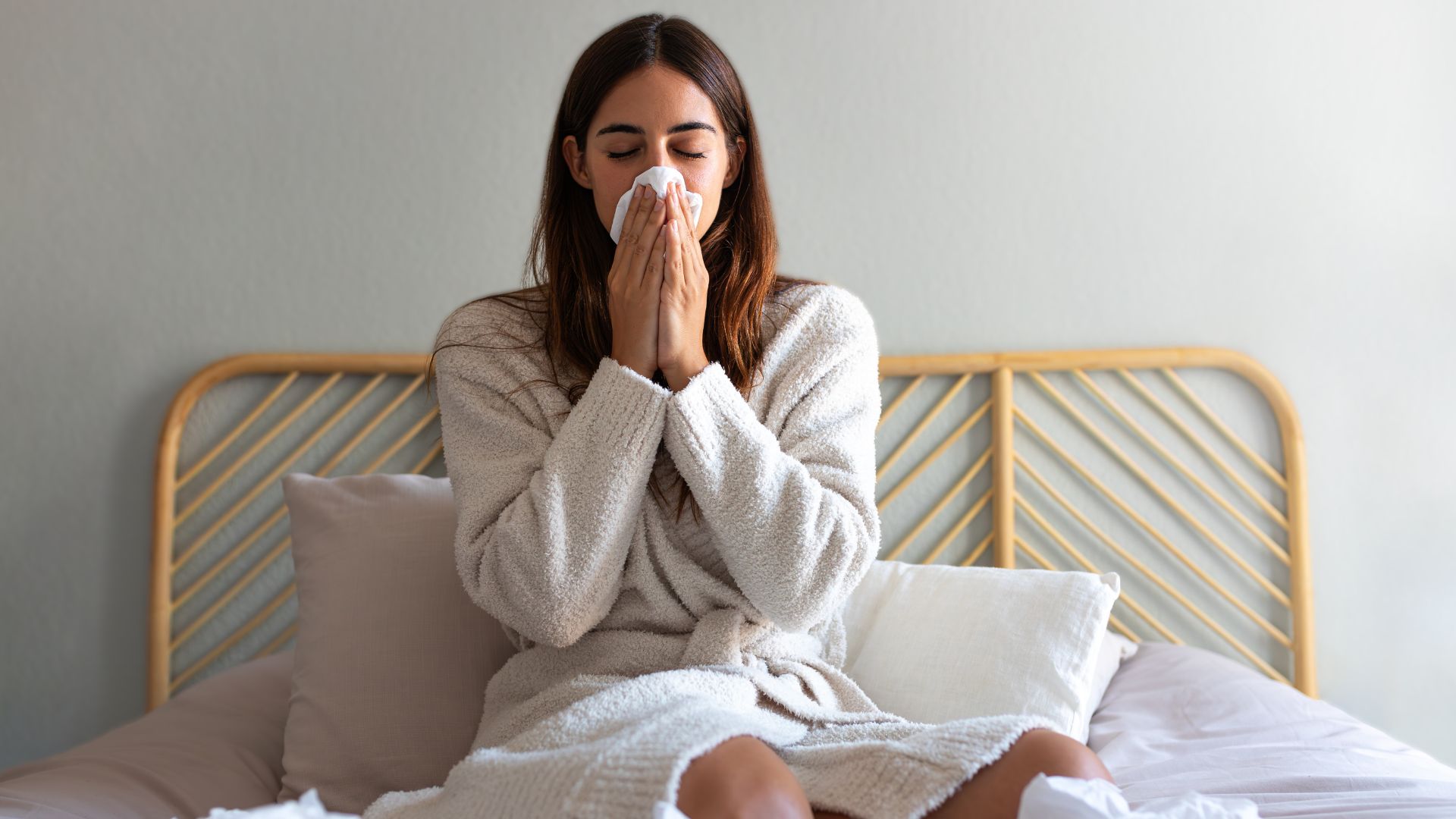
8. You find it difficult to change sleep position
Do you alternate between sleeping on your side, stomach and/or back? If so, you’re probably a combination sleeper. Combination sleepers (and restless sleepers who toss and turn) require a bed with a responsive surface that’s easy to move around on.
If your mattress is tough to change sleeping positions on or no longer feels buoyant or springy, this could be a sign that the materials have started to break down with age, warranting a replacement.
Buying a new mattress may also save you from a sleep divorce if you frequently toss and turn (and keep your partner up at night).
9. It no longer keeps you cool
Memory foam is notorious for trapping heat, but today’s mattresses are often designed with cooling features to promote ventilation and temperature regulation.
The best cooling mattresses use heat-dissipating fabrics such as GlacioTex and Phase Change Material, while smart mattresses use advanced cooling technology.
Meanwhile, some of the best hybrid mattresses have foams infused with cooling materials like gel, copper or graphite, which dissipate heat to prevent pesky night sweats.
Some memory foam layers are even perforated to circulate airflow through the bed. If your mattress kept you pleasantly cool when you first bought it, but you’re now waking up drenched in sweat, it's probably a sign that its cooling features (and likely other features) are worn out.
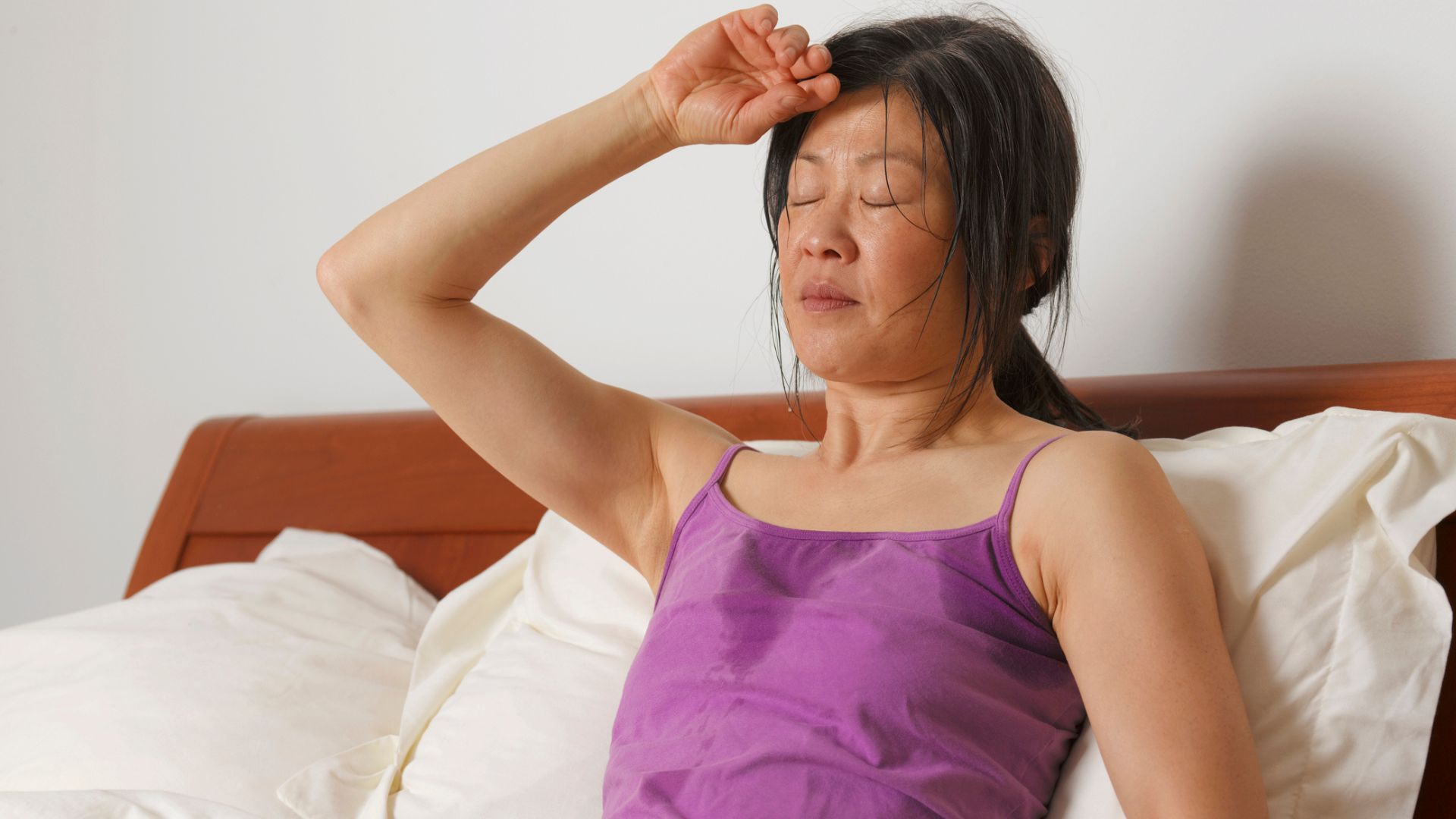
3 signs that you need a topper instead
Sometimes, all your bed needs is a little boost. A high-quality mattress topper can transform a bed that’s too firm, sagging or overly warm into a comfortable and supportive sleep space without the high price tag of a full replacement.
If your bed can use a little upgrade but still has plenty of life left in it, here are three signs that a mattress topper, not a brand new mattress, is the best solution for your worries:
1. You’ve had your mattress less than five years: If there’s a slight sag to a newer bed but it’s not bad enough to warrant a replacement, a good quality mattress topper can add an extra layer of support, comfort and durability.
2. Your mattress is just a little too firm or soft: A memory foam topper molds to your body and helps relieve pressure points from a bed that’s too firm, while a latex topper adds firmness and bounce to a bed that’s too soft.
3. You can’t sleep without sweating: Waking up drenched in sweat? Look for a naturally breathable latex mattress topper or a foam topper infused with gel, charcoal or graphite, which help draw heat away from the body.
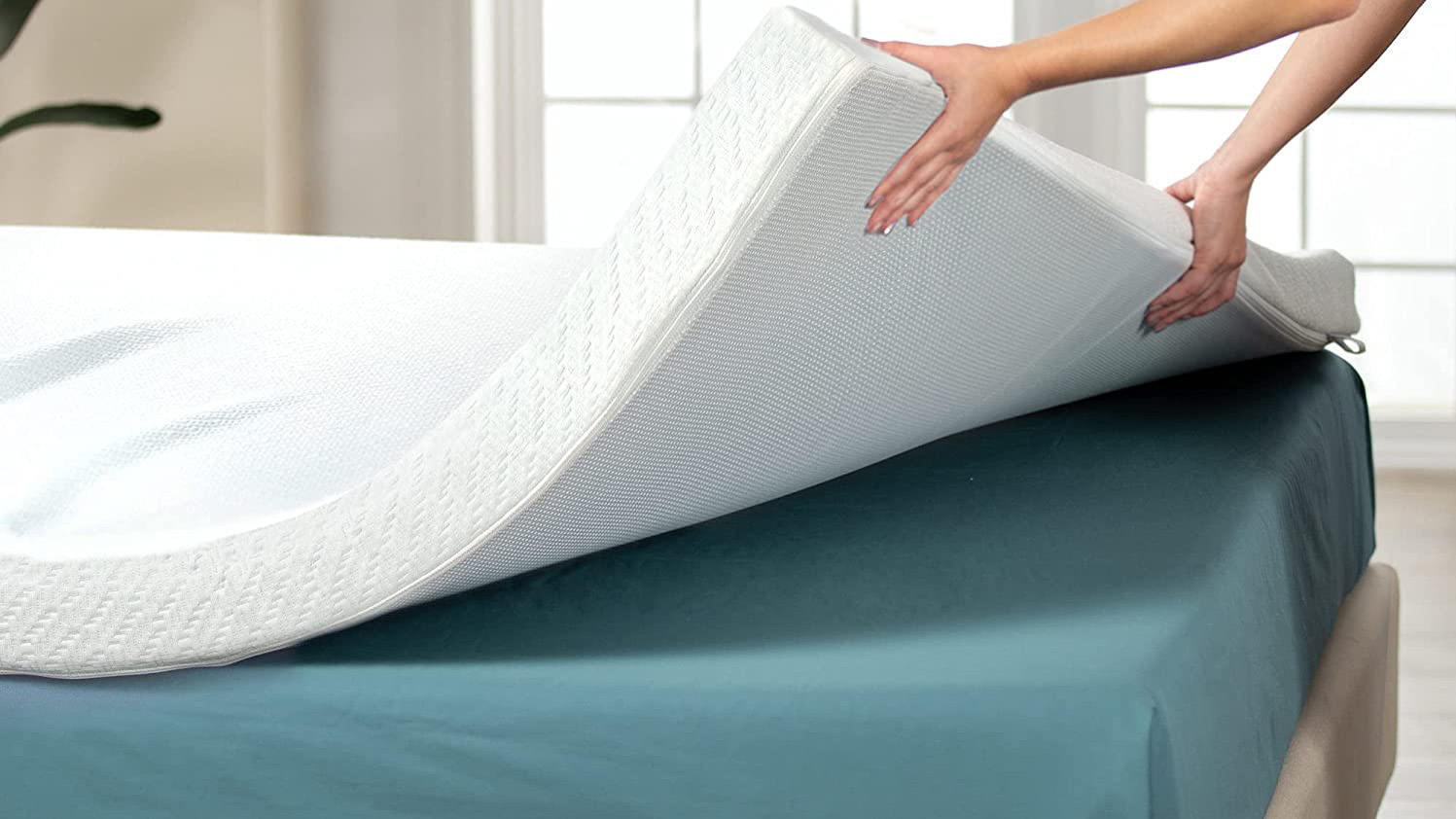
How to choose the right mattress for you
When it’s time to replace your mattress, consider your sleeping position, personal preferences and sleep style. Generally, the following is true:
Hot sleepers will find breathable latex or hybrid mattresses more comfortable, thanks to the added air flow. Although if you experience night sweats or hot flashes, consider a specialist smart cooling bed.
The best mattresses for couples have strong motion isolation. This means that bed sharers will feel less of each other's movements because the bed itself absorbs the motion.
The best mattresses for side sleepers usually have a medium firm to medium feel that relieve pressure around the hips, shoulders and knees. While back and stomach sleepers usually need firmer support to keep the spine aligned.
Don’t forget important factors like budget, warranty and sleep trial periods. These help protect your investment and ensure your bed is ultimately the right fit.

Claire is a Certified Sleep Science Coach and the Managing Editor of Sleep at Tom's Guide. She curates our mattress guides and oversees our rigorous mattress testing procedures. Claire has over 16 years' product review experience and is connected to a wealth of globally renowned sleep experts including mattress designers and buyers, neuroscientists, and doctors of sleep medicine. As the Managing Editor of our Sleep and Mattress Team, Claire is responsible for all mattress and sleep content published on Tom’s Guide and is our expert on Saatva, DreamCloud, and Nectar mattresses. Claire is also certified to advise people on how to choose a mattress that suits their needs and budget, as well as helping them to create a nighttime routine and bedroom environment that helps them sleep better.
You must confirm your public display name before commenting
Please logout and then login again, you will then be prompted to enter your display name.
